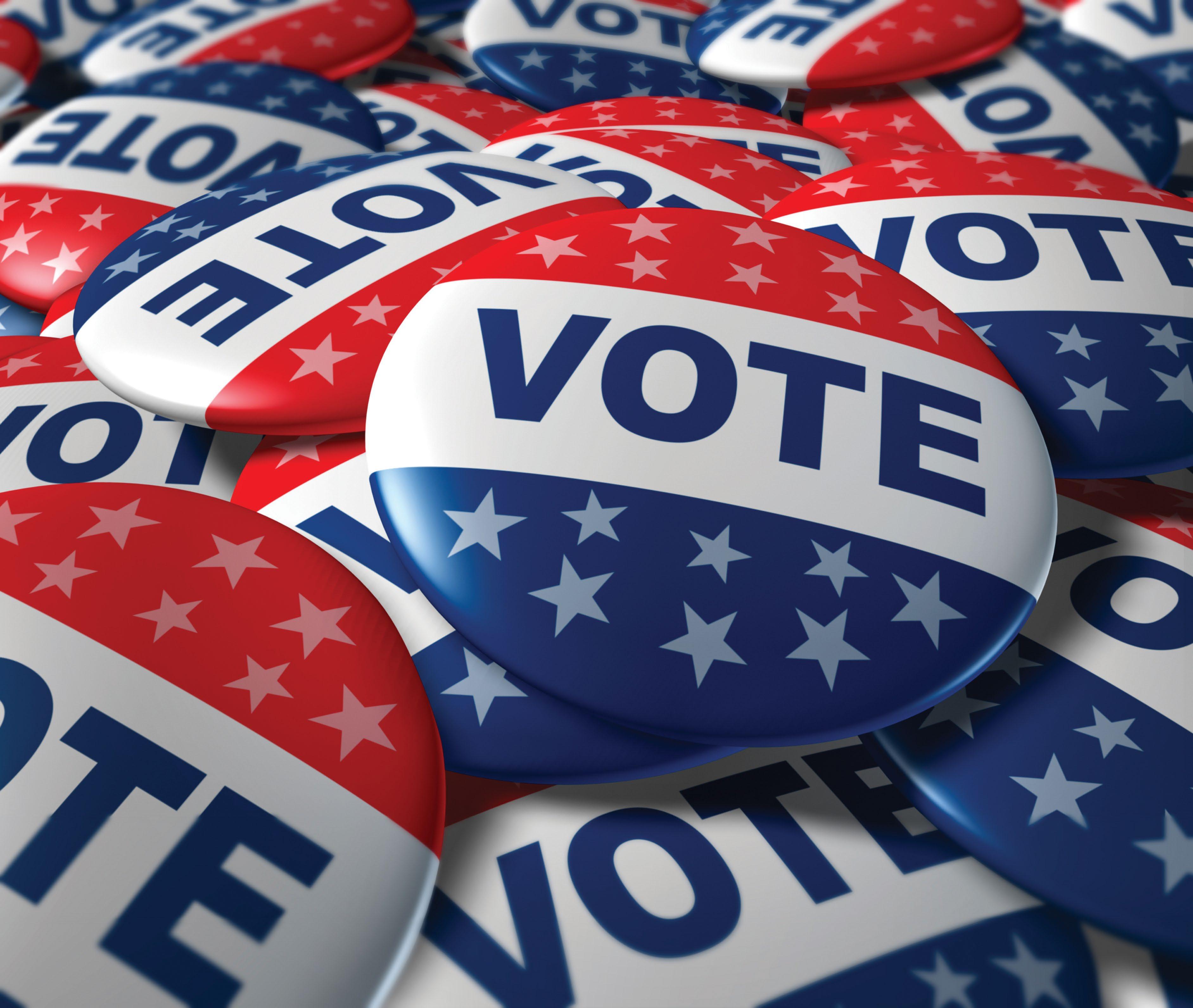
6 minute read
ABORTION LEGISLATION
© AP/Corbis/Rogelio V. Solis

When Talk Turns to Abortion, Heated Rhetoric Takes Over
by Jennifer Ginn
Although abortion is always hotly debated in the public arena, the discussion among policymakers also seems to be turning more intense.
“Over the past 20 years or so, we have really seen a shift in the types of bills we are seeing and the debates at the state level,” said Elizabeth Nash, state issues manager for the Guttmacher Institute. “What we are seeing are new issues coming to the fore and they are more onerous on providers and women.
“The bills are more extreme. We’re seeing abortion bans,” she said.
“There is this demonization of abortion and, increasingly, there has been this rhetoric that really stigmatizes abortion. … When you get that kind of language flying around, it really makes it difficult to have civil conversations about abortion and about women’s health.”
Not Heated, but Emotional
Georgia House Whip Edward Lindsey Jr. characterizes legislative discussion around House Bill 954 as “emotional” rather than heated. The bill, signed into law in May, outlaws abortion after 20 weeks. A late-night session ended with an agreement to include an exception that allows for abortions after 20 weeks in the event of gross fetal abnormalities or if the mother’s life or health is threatened; that provision was not included in the original bill.
Newspapers reported that a fight almost broke out in the Capitol between those who were for and those who were against the bill.
“Abortion will always be something emotional, always be something difficult to discuss, because it sort of goes to the core of how we perceive ourselves and how we perceive our society,” said Lindsey, who supported the legislation. “It doesn’t mean we don’t talk about it; it means we talk about it. It’s important.

“What’s harder than talking about it is the listening, the acknowledgement the other side may have a point on one issue or another,” he said. “There are extremes on both sides of this issue that tend to shout the loudest. There are those of us in between, rolling up our sleeves. Our job is to make sure everyone listens.”
Georgia Sen. Nan Orrock voted against House Bill 954. After the Senate approved the bill, she and other Democratic women senators walked out of the chamber in protest. She said legislators ignored testimony of doctors and women who had been faced with the choice of a late-term abortion after discovering severe abnormalities in their fetus.
“It enraged us,” she said. “There is a line you draw and you will not stand quietly.”
Orrock, who was sworn into the Georgia House in 1987 and became a senator in 2007, said the turning point in political discourse was the 2010 election, which saw the rise
of the Tea Party and nearly 800 Democrats swept out of office nationally. When people are unwilling to negotiate, she said, government stalls.
“It’s been kind of a wake-up call,” Orrock said. “People can’t turn their backs on the legislature and think they’re going to work things out.”


Southern Discomfort?
Mississippi legislators considered at least five abortion-related bills this session, ranging from prohibiting telemedicine in medicationinduced abortions to prohibiting abortions after a fetal heartbeat can be detected. The legislature passed only House Bill 1390, which requires doctors who perform abortions to be board-certified obstetricians and have admitting privileges at local hospitals.
Rep. Bobby Moak, a 1986 Toll Fellow and ranking Democrat in the House, said he usu
© AP/Corbis/David Goldman
Abortion Issu es Take Center Stage in Usually Quiet Election Year
Legislators usually are less likely to introduce abortion-related bills during a presidential election year, but the 2011–12 legislative session seems to have been anything but usual. “Generally, there seems to be, most of the time, a little bit of reluctance to discuss social issues, as opposed to trying to make sure the budget comes in at the right amount, it’s done early and we’re attending to bread-andbutter issues that are a high concern, like education or transportation,” said Elizabeth Nash, state issues manager for the Guttmacher Institute. “This year, I would say, was very busy around abortion issues.” According to the Guttmacher Institute, which tracks and analyzes policies related to sexual and reproductive health: » 13 states introduced legislation as of April 1 that would impose new regulations on abortion providers; » 15 states considered bills to restrict abortion after a certain gestational age, usually 18 to 20 weeks; and » 17 states considered legislation requiring women to undergo an ultrasound before receiving an abortion. In Virginia, Gov. Bob McDonnell signed an ultrasound bill into law in Virginia, but not before large protests at the Capitol.
ally votes for legislation that tightens restrictions on abortion. This year, though, he voted against the bills due to the 16-point defeat last November of Amendment 26, which would have defined an embryo as a legally protected person from the moment of conception. Many of the things included in this year’s bills came from Amendment 26, Moak said.
“The politics on the issue have changed,” Moak said. “The voters have spoken and said, ‘Mississippi already has some of the toughest abortion laws on the books.’”
The discussion regarding abortion in Mississippi heated up in late April when newspapers reported Gov. Phil Bryant’s comments on a Internet talk show that the left’s “mission in life is to abort children.”
“Both sides of the aisle were just flabbergasted with that,” Moak said.
Mississippi Sen. Nancy Adams Collins, who supported House Bill 1390, said discussions in the Senate were mostly congenial this session. As a nurse and a woman, she said, she addressed the senators about the legislation, but the discussion was not heated. Although she understands Bryant’s feelings toward abortion, Collins said the language he is reported to have used is not good during a debate.
“That’s pretty direct,” Collins said. “The way I operate is, I’m continually trying to show others the facts and figures that I’ve got from my experience. I want their experience as well. In a debate, we have to be careful about accusations.”
Nash, of the Guttmacher Institute, said it is important to keep legislative debates calm and civil no matter how hard the topic.
“When people get so heated over specific issues, it makes it harder to have civil conversations around other issues as well,” Nash said. “Our states can’t really afford that either.”
TWO SIDES OF DISAPPOINTMENT
Terri Herring, an anti-abortion activist, above left, held a photograph of a women's clinic in Jackson, Miss., that performs abortions as she explained her disappointment with two abortion-regulation bills that died under a deadline in the Mississippi Legislature in April. In photo at right, demonstrators around the Georgia Capitol in Atlanta protested two pieces of legislation they say are unfair to women. The March rally after the Senate passed measures banning abortion coverage under state employees' health care plans and exempting religious health care providers from having to cover birth control.










